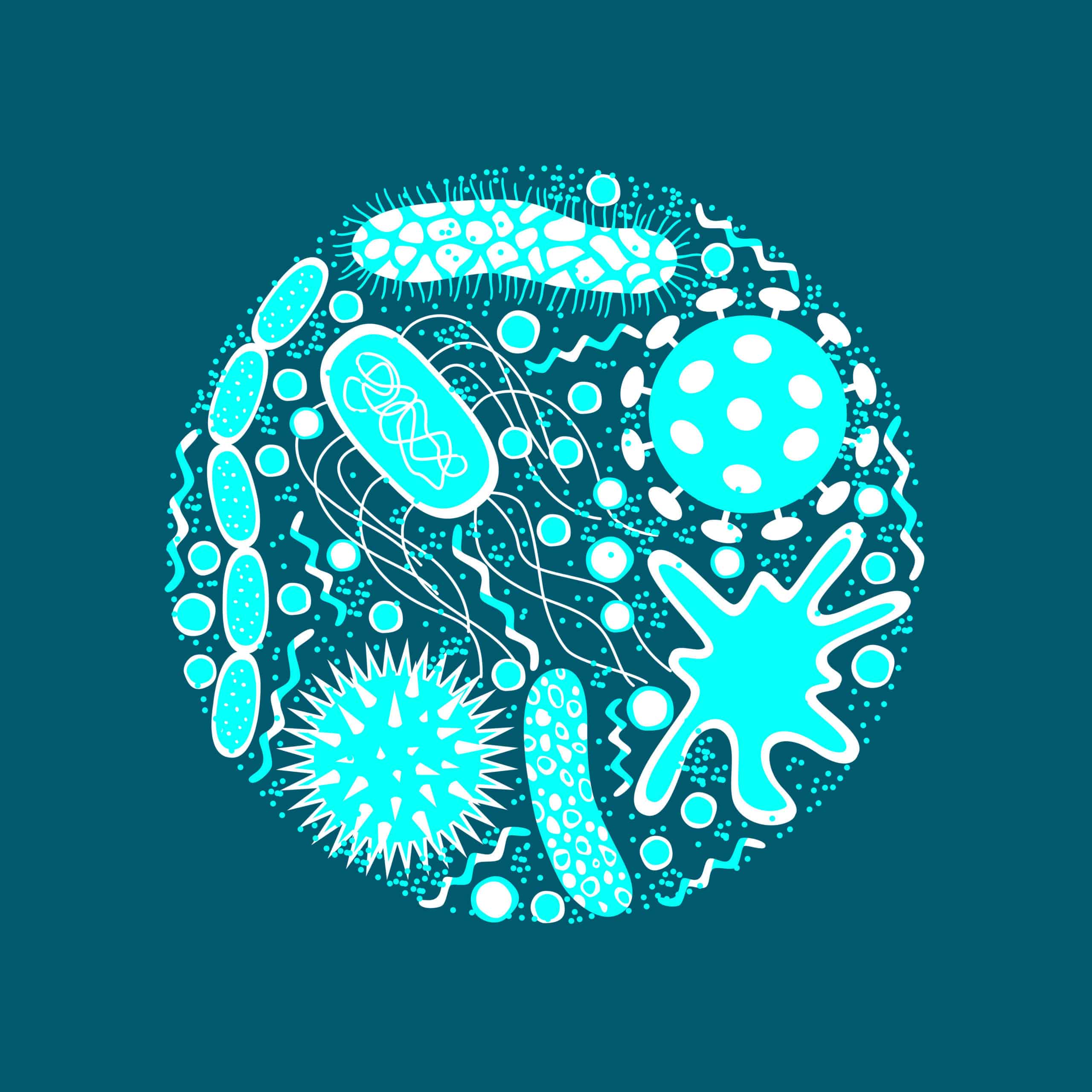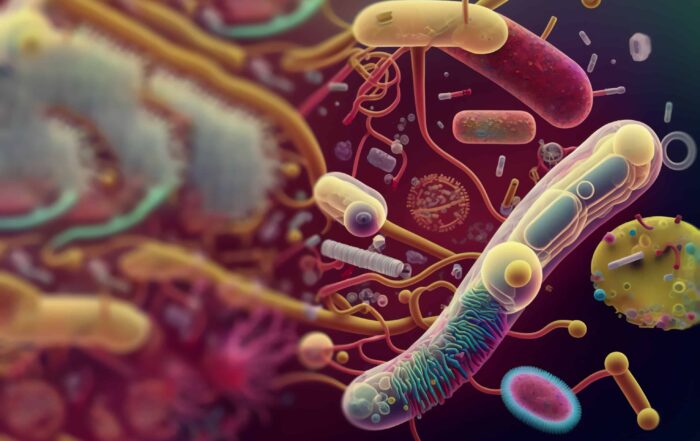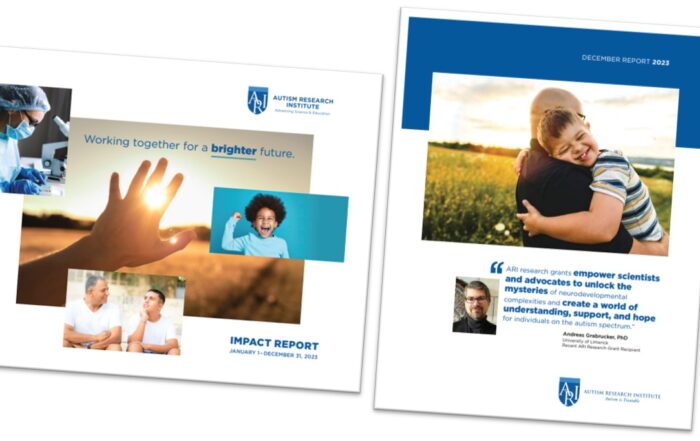A new study suggests that changes occurring over time in the behavior of individuals with autism spectrum disorders (ASD) may be related to their gut microbiomes.
In addition, it offers insights into the inconsistent findings of studies investigating the role of the gut microbiome in ASD.

In the study, Jennifer Fouquier and colleagues compared fecal samples from individuals with ASD and controls in Arizona and Colorado, using standardized DNA extraction and sequencing methods. The Arizona participants included 36 children with ASD and 38 age-matched neurotypical controls who did not have first-degree relatives with autism. The Colorado participants included 13 children with ASD and 16 matched neurotypical controls; five of the controls had siblings with ASD.
The researchers found that gut microbiomes differed between individuals in Arizona and those in Colorado. Moreover, in Arizona but not Colorado, gastrointestinal symptoms were higher in individuals with ASD than in controls. Gut microbiome composition was significantly associated with ASD when the researchers controlled for study site location but not when they controlled for gastrointestinal symptoms.
“Taken together,” the researchers say, “these results suggest that geographical differences in gut microbiome composition and differences in levels of gastrointestinal symptoms in autistic individuals at different study sites may contribute to inconsistent results in the literature.”
The researchers also studied seven children with ASD and nine neurotypical controls over time, evaluating the gut microbiome’s relationship to behavioral severity, diet, and gastrointestinal symptoms. All of these children were from the Colorado group.
The researchers contacted participants in the longitudinal study every three months and asked them to fill out a number of questionnaires including the Aberrant Behavior Checklist. In addition, they asked participants to fill out a food frequency questionnaire and to describe any GI symptoms they were experiencing. They also obtained fecal samples.
The researchers say the results indicated that changes in levels of lethargy and social withdrawal at different times correlated with the degree of change in gut microbiome composition. In addition, they say, “A worsening of inappropriate speech between time points was associated with decreased gut microbiome diversity.”
“We need more research,” says study co-author Catherine Lozupone, “but our work shows that the gut microbiome is playing a role in the provocation of symptoms in kids with autism spectrum disorder. This further supports the fact that the gut microbiome could be a valuable therapeutic target for children with autism spectrum disorders.”
—
“The gut microbiome in autism: Study-site effects and longitudinal analysis of behavior change,” Jennifer Fouquier, Nancy Moreno Huizar, Jody Donnelly, Cody Glickman, Dae-Wook Kang, Juan Maldonado, Rachel A. Jones, Kimberly Johnson, James B. Adams, Rosa Krajmalnik-Brown, and Catherine Lozupone, mSystems, March/April 2021 (free online). Address: Catherine Lozupone, [email protected].
—and—
“Gut microbiome plays role in autism,” news release, American Society for Microbiology, April 6, 2021.
This article originally appeared in Autism Research Review International, Vol. 35, No. 2, 2021
Editorial – Fecal Microbiota Transplantation and Autism
Over the past several years, Fecal Microbiota Transplantation (FMT) has become the subject of growing interest in the autism community due, at least in part, to the increased awareness of the gut-brain
ARI’s Latest Accomplishments
Connecting investigators, professionals, parents, and autistic people worldwide is essential for effective advocacy. Throughout 2023, we continued our work offering focus on education while funding and support research on genetics, neurology, co-occurring medical
Biomarkers start telling us a story: Autism pathophysiology revisited
Antonio Persico, MD, a recent ARI Research Grant recipient, explores the role of biomarkers in understanding autism pathophysiology. He discusses the complexity inherent to neurodevelopmental conditions and emphasizes the need to combine




